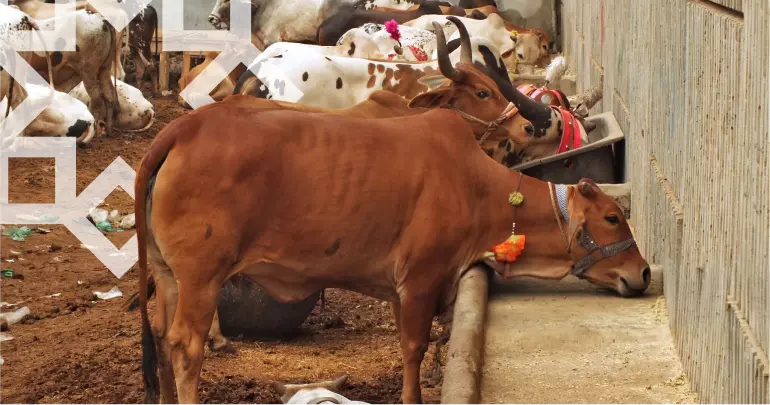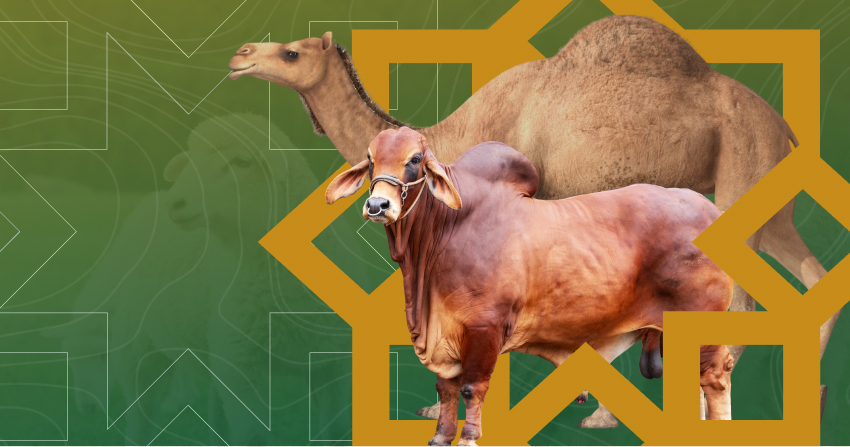Eid al-Adha, also known as the Festival of Sacrifice, is one of the most important holidays in the Islamic calendar. Muslims across the world celebrate this day to remember the devotion of Prophet Ibrahim (Abraham), who was willing to sacrifice his son in obedience to Allah’s command. This sacred occasion serves as a powerful reminder of faith, sacrifice, and gratitude. Eid al-Adha brings together families, communities, and Muslims from all walks of life through worship, reflection, and acts of charity. Here’s everything you need to know about Eid al-Adha
What is Eid al-Adha?
Eid al-Adha is a significant occasion that carries deep spiritual value for Muslims around the world. It is a time to remember a powerful story of loyalty, reconnect with Islamic teachings, and strengthen bonds within the community. This day is marked by prayer, reflection, and sharing with others, especially those who are less fortunate.
It takes place on the 10th day of Dhu al-Hijjah, following the completion of Hajj, the sacred pilgrimage to Makkah. While Hajj is a journey of faith for millions, Eid al-Adha is a chance to reflect on the values of obedience and generosity.
The festival honours the story of Prophet Ibrahim (AS), who was prepared to give up his son Isma’il in complete submission to Allah’s command. At the last moment, Allah provided a ram instead and showed that sincere faith and trust in Him are always rewarded.
Today, Muslims observe this occasion by offering Qurbani, the sacrifice of an animal, and distributing the meat among family, neighbours and those in need. It’s a meaningful tradition that brings people together and encourages kindness and care within the community.

The Rituals of Eid al-Adha
The rituals of Eid al-Adha are deeply rooted in Islamic tradition and celebrate Prophet Ibrahim’s (AS) devotion to Allah. Here’s a breakdown of the main rituals observed during the festival:
Performing the Eid Prayer
On the morning of Eid, Muslims gather in large groups at mosques, open spaces, or fields to perform a special prayer known as Salat al-Eid. The prayer consists of two units (Rak’ahs) and is usually followed by a sermon (Khutbah). It is recommended to pray in congregation, but can also be prayed individually if needed.
Offering Qurbani (Animal Sacrifice)
Following the prayers, Muslims who can afford to do so perform the Qurbani, which involves the sacrifice of an animal (usually a sheep, goat, cow, or camel). The meat is divided into three parts: one-third is given to the poor, one-third is shared with friends and family, and one-third is kept for personal consumption.
Read more about the importance and guidelines of Qurbani here.
Fasting (Optional)
It is recommended for Muslims to fast during the first 9 days of Dhul Hijjah, as it is a Sunnah that brings reward and forgiveness of sins. Among these days, fasting on the day before Eid, known as Arafat Day (the 9th of Dhu al-Hijjah), holds special significance. Although fasting is not obligatory on Eid al-Adha, it is believed to forgive sins from the previous year and the coming year.
Visiting Relatives and Neighbours
Eid is a time for Muslims to visit family, friends, and neighbours while exchanging greetings such as “Eid Mubarak” (Blessed Eid). Many Muslims dress in their best clothes, often new or freshly cleaned, and gather for festive meals.
Exchanging Gifts
It is common for Muslims to exchange gifts with family and friends on Eid al-Adha. This is a way to strengthen bonds and share the joy of the occasion.
Enjoying Special Meals
After the sacrifice, the meat from the animal is cooked and shared with family, friends, and neighbours. Special dishes are prepared, and families gather for large meals to celebrate together.
Spiritual Reflection and Gratitude
Throughout the day, Muslims reflect on the deeper meaning of the holiday: faith, submission to Allah’s will, and the importance of charity. It is also a time for personal gratitude and remembering those who are less fortunate.
Donate your zakat
Fulfil your obligation today – give Zakat and be a source of hope for those in need!
The Significance of Eid al-Adha
Eid al-Adha is a time to reflect on faith, compassion and the power of giving. It honours the devotion of Prophet Ibrahim (AS), who was ready to sacrifice for the sake of Allah. It reminds us all to trust in His will and let go of worldly attachments.
In the UK, Eid brings families together, fills mosques with joy and strengthens bonds across our diverse Muslim communities. It is a time to reflect on our blessings, while remembering those who are struggling in places like Gaza, Yemen and Afghanistan.
This blessed occasion reminds us that our responsibility does not end at our doorstep. Eid al-Adha calls us to extend our care beyond borders and support those in need while giving with sincerity.
It is more than just a celebration. It is a moment for gratitude, unity and meaningful charity. By donating this Eid, we share joy that reaches far beyond our homes. We embrace the true spirit of sacrifice by making a difference where it matters most.
Share the spirit of Eid by giving your Qurbani today and help bring smiles to families in need.
How is Eid al-Adha Celebrated Around the World?
Eid al-Adha is celebrated in many different ways depending on region and culture, but the core practices remain the same: prayers, sacrifice, and charity. In many countries, such as Saudi Arabia and Turkey, people gather for communal prayers, followed by the sacrifice of animals like sheep or goats. The meat is distributed to family, friends, and those in need. In regions like South Asia and Indonesia, festive meals and family gatherings are common, while in Western countries, Muslims often participate in prayers, donate to charity, and enjoy meals with loved ones. From family gatherings and generous feasts to acts of charity and community events, Muslims across the globe come together to honour the spirit of Eid with faith, love, and compassion.
The Importance of Sacrifice and Charity
One of the central themes of Eid al-Adha is sacrifice, not just the physical act of Qurbani but a spiritual willingness to give up something valuable for the sake of Allah. Through the sacrifice, Muslims reflect their devotion and gratitude while also sharing the blessings with others. The meat from Qurbani is divided and given to families facing hardship so that everyone has the chance to enjoy Eid.
Charity plays a vital role during this time, with many Muslims choosing to donate food or money to support those who may be struggling.
Bringing hope through small acts of kindness—a meal, a helping hand, or a gift can light up a child’s day.
Eid al-Adha and the Hajj Pilgrimage
Eid al-Adha is also closely connected to Hajj, the sacred pilgrimage to Makkah and one of the five pillars of Islam. Hajj takes place in the days leading up to Eid al-Adha and is a once-in-a-lifetime obligation for Muslims who are physically and financially able to perform it. The pilgrimage involves a number of spiritual rituals, including the symbolic stoning of the devil and the sacrifice of animals while honouring the legacy of Prophet Ibrahim (AS).
For those not performing Hajj, Eid al-Adha is still a special time. It is a chance to offer Qurbani, come together with loved ones, and embrace the spirit of sacrifice and gratitude that defines this blessed occasion.
Let’s Make a Difference Together
Eid al-Adha is a time for deep reflection, spiritual connection with Allah, and coming together as a community. This beautiful occasion allows us to honour the significance of sacrifice, faith, and gratitude. Whether it’s through the act of Qurbani, charity donations, or spending precious moments with family, Eid al-Adha unites us all in a celebration of love and devotion.
At United Muslims, we believe in turning compassion into meaningful action. This Eid, you can help us by delivering your Qurbani, donating food, giving Zakat, and supporting life-changing projects across the globe. Your generosity, whether directed to a cause close to your heart or to areas in dire need, makes a real difference.
Join us in making this Eid a time for love, sacrifice, and kindness. Let’s give not just because we can, but because it’s the right thing to do. Together, we can bring hope and support to those who need it most.
May this Eid bring peace, joy, and countless blessings to you and your loved ones.
This Eid, let your sacrifice go further. Share the blessings and uplift lives through your giving.
